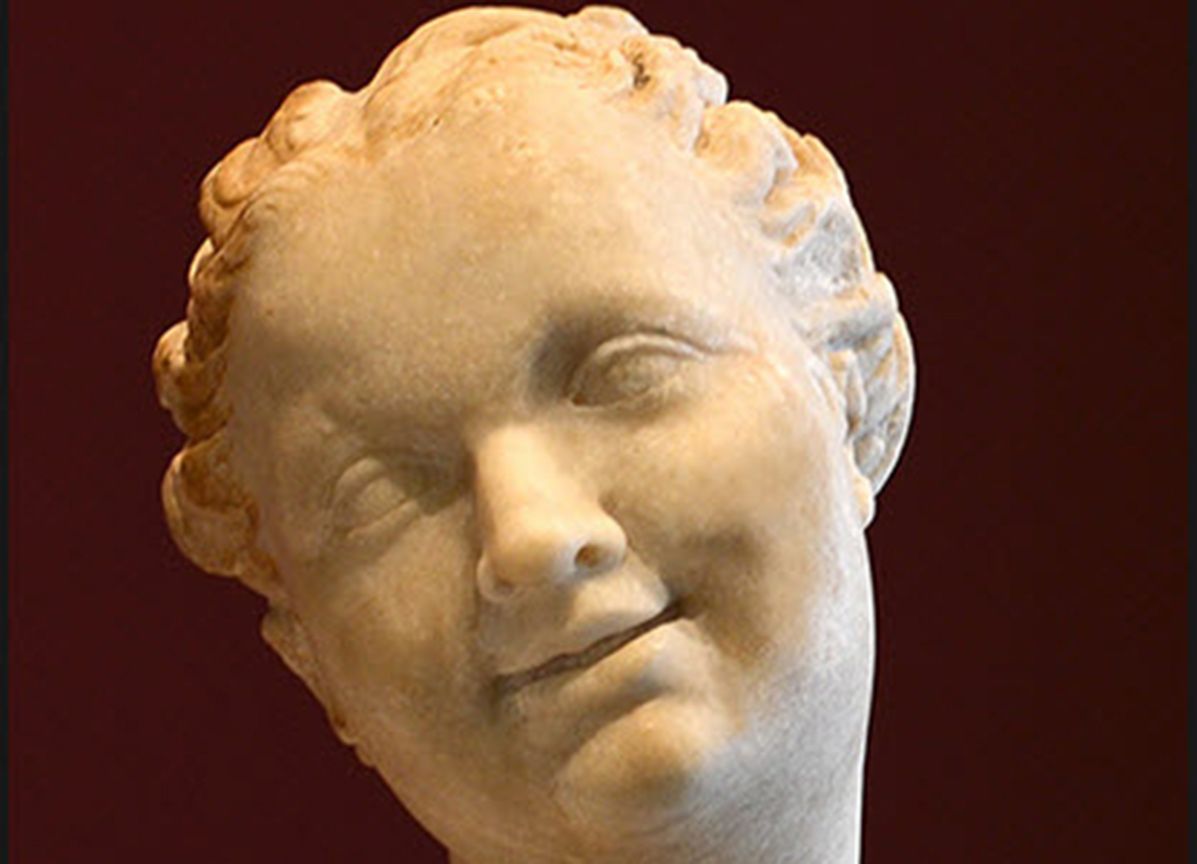
Overview
Ancient humour is one of the lenses scholars can utilize to examine the culture of the ancient Mediterranean, and by contrast our own culture. What is considered to be “funny” or humorous tells us much about the values and preconceptions of the lived experience of individuals and the broader community they are a part of. This course will combine a series of readings (in translation) from ancient comedy, satire, romance, and literary parody, with discussions of the use of humour as relief in more serious genres such as epic, tragedy, and courtroom speeches. Throughout the semester students will compare ancient perspectives on humour with contemporary ones, and discuss how the similarities and differences reflect respective broader social norms.
Each week there are podcasts and activities, which take the place of weekly lectures that students can access in onQ, in addition to the required readings.
Learning Outcomes
After completing CLST 205, students will be able to:
- Compare and contrast ancient and modern conceptions of humour
- Synthesize, evaluate and present a scholarly argument to their peers
- Respectfully debate and discuss with their peers opposing perspectives
- Illustrate with examples their own positions on a given topic
- Apply conceptions of humor to different ancient media
Topics at a Glance
Week 1: What is Humour?
Week 2: Why is it Funny?
Week 3: A Funny World
Week 4: The Earliest Humour
Week 5: Eccentrics Looking for a Story
Week 6: A Farmyard of Quacks
Week 7: A Sucker for Every Occasion
Week 8: Bursting the Bubble and Other Oddities
Week 9: Women in Ancient Humour
Week 10: Epic Proportions
Week 11: A Funny Thing Happened on the Way to the Agora
Week 12: The Roman Wit
Terms
Evaluation
15% - Beginnings and Endings (Individual with Discussion)
25% - Pop Culture Quacks (Individual with Peer Feedback)
30% - Pechakucha Presentation (Group* or Individual)
30% - Debate and Reflection (Individual with Discussion)
**Evaluation Subject to Change**
*Groupwork: Please note that you have a choice of whether to complete the Pechakucha Presentation independently or as a group. If you choose to do groupwork, the mark you receive for your group submission is contingent upon receiving satisfactory evaluations of your contributions. If you receive below 70% on peer evaluations, or if there is a significant discrepancy in the scores you receive from your peers, the teaching team will investigate further, and your grade may be reduced by up to 15%. You will be consulted in this process and will help determine what is fair.
Textbook and Materials
ASO reserves the right to make changes to the required material list as received by the instructor before the course starts. Please refer to the Campus Bookstore website at http://www.campusbookstore.com/Textbooks/Search-Engine to obtain the most up-to-date list of required materials for this course before purchasing them.
Required Textbook
- R. Drew Griffith and Robert B. Marks, A Funny Thing Happened on the Way to the Agora: Ancient Greek and Roman Humour 2nd ed. Agora Harder! (Kingston: Legacy Books Press, 2011)
Additional supplemental material and access links will be made available electronically to students via the course site.
Time Commitment
Students can expect to spend approximately 10 hours a week (120 hours per term) in study, listening and online activity for this course.

